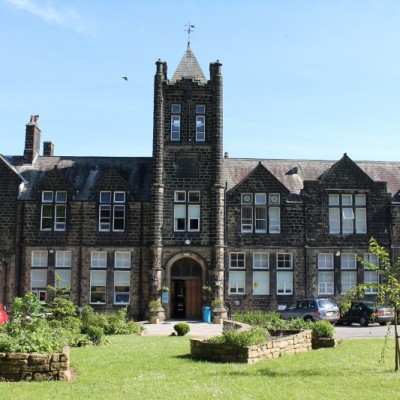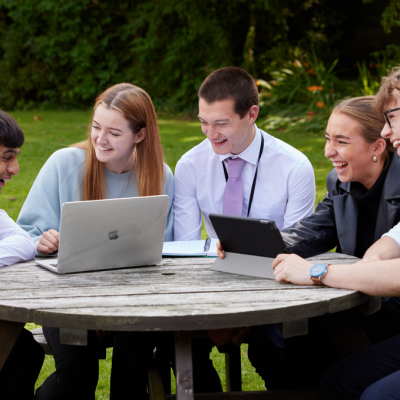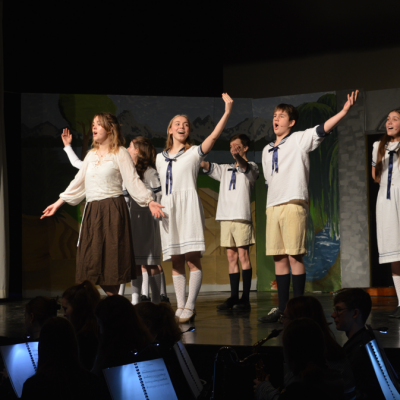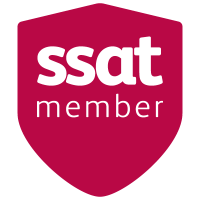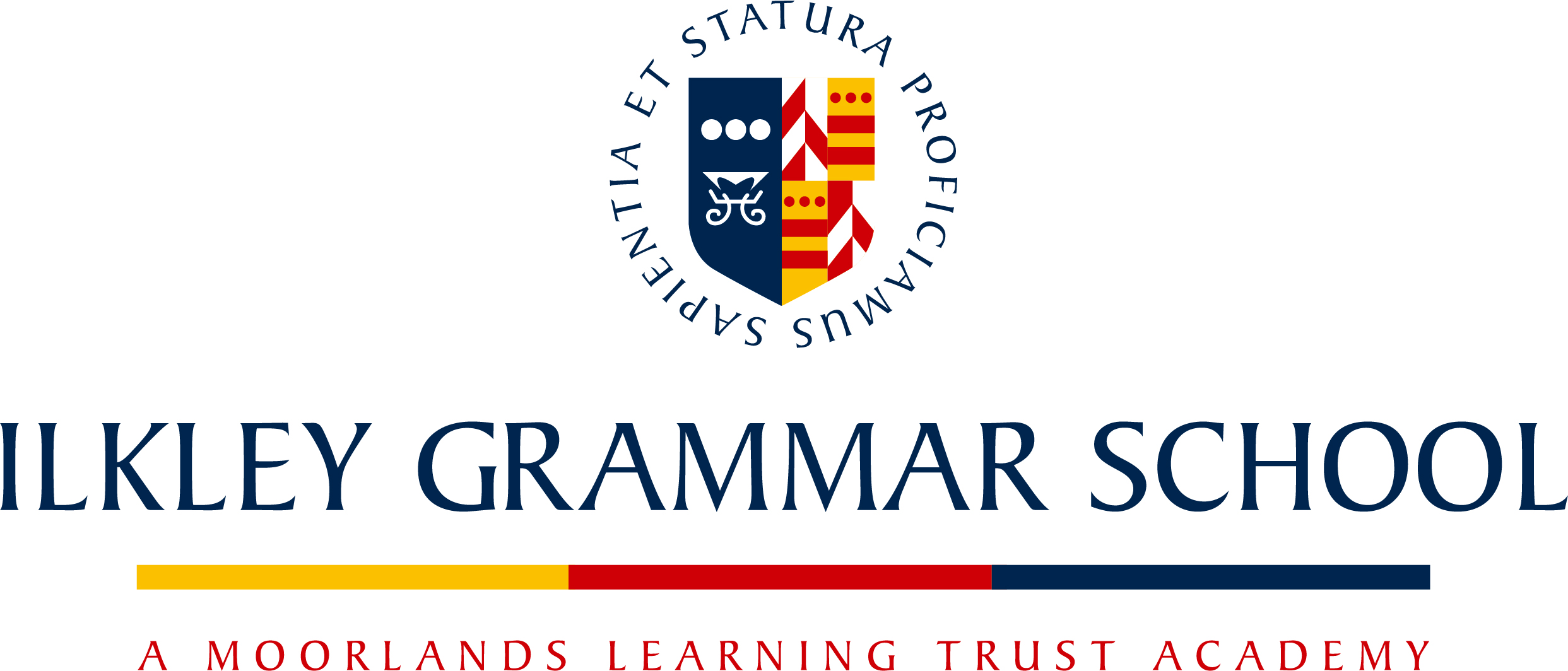FUNDAMENTAL BRITISH VALUES
Rationale and context
Schools are required to promote the spiritual, moral, social and cultural (SMSC) development of their pupils. As part of this, schools should actively promote the fundamental British values of:
- Democracy
- The Rule of Law
- Individual Liberty
- Mutual Respect
- Tolerance of those with different faiths and beliefs
This is set out in the Department for Education's (DfE's) guidance on promoting British values as part of SMSC and part 2 of The Education (Independent School Standards) Regulations 2014 for academies and independent schools.
The main points of the advice are to make clear
- that schools should promote pupils’ spiritual, moral, social and cultural (SMSC) development
- what is expected of schools in promoting fundamental British values; and
- how this aligns with schools’ duty to promote SMSC.
Additionally, the Ofsted Personal Development judgement considers how
- the school develops and deepens pupils’ understanding of the fundamental British values
- the social development of pupils includes developing their acceptance of and engagement with the fundamental British values
A summary of our approach to the promotion of fundamental British values
At Ilkley Grammar School the fundamental British values are embedded in our ethos and practices. We place great emphasis on building positive relationships in school and we strongly believe that students should not merely be taught these values but that they should live them.
We believe that British values are those values that are expected of anyone living in Britain, regardless of their nationality, culture or religious belief.
At Ilkley Grammar School we promote fundamental British values through
- our policies (e.g. the Relationships Policy, Equalities Policy, RSE and RE policies)
- our subject curriculum (through the subjects we teach, as well as more explicitly through specific subjects such as RE and PSHE)
- our Personal Development curriculum (assemblies, Personal Best Time, extra-curricular, drop-down days, tutor time)
- our school values
Iconography
At IGS we use the symbols below around school, in assemblies and in PSHE and other lessons to refer explicitly to the fundamental British values
![]()
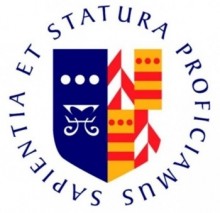
Our school values and Latin motto (growing in wisdom and stature) also align with the fundamental British values. These are visible across the school.
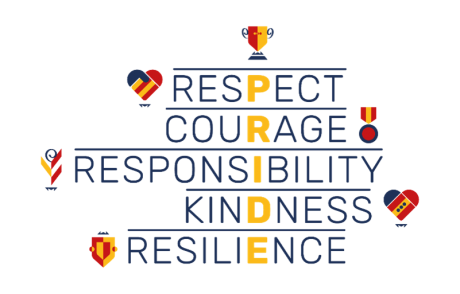
How our IGS Personal Best values align with fundamental British values
- Respect – aligns with the British value of Respect (including the concept of self-respect)
- Courage – aligns with the British value of the Rule of Law and the importance of standing up for what you believe and for what is right.
- Responsibility – aligns with the British values of Individual Liberty, the Rule of Law and Democracy
- Kindness – aligns with the British values of Tolerance, particularly of those of other faiths and beliefs and
- Resilience – relates most closely to the qualities we need to show when our values are challenged and therefore to the British value of Tolerance.
- Pride – aligns with the British value of Respect (in this sense self-respect) and the overarching sense of having pride in our national identity, it also links to the British value of Individual Liberty
The following table summarises the key points set out in the advice and the actions that IGS takes to implement the advice.
|
FBV |
Schools should… |
At IGS we promote this through the… |
|
Mutual Respect (self-respect) |
enable students to develop their self-knowledge, self-esteem and self-confidence; |
Tutorial system + mentoring PBT curriculum Relationships Policy and pastoral support Inclusive classroom Rewards system (ClassCharts) Wider academic curriculum, in particular the RE and PSHE curricula iLeader programme (esp. in senior years) |
|
Rule of Law |
enable students to distinguish right from wrong and to respect the civil and criminal law of England; |
Relationships Policy and pastoral support Citizenship modules in PBT Assembly and tutorial programme IT curriculum (internet safety) |
|
Individual Liberty |
encourage students to accept responsibility for their behaviour, show initiative, and to understand how they can contribute positively to the lives of those living and working in the locality of the school and to society more widely; |
Relationships Policy and pastoral support Options processes Extra-curricular programme Personal Devt. self-report ILeader programme (all aspects, all year groups) The School Council Student and staff focus groups Charities weeks and Active Citizenship |
|
Democracy & Rule of Law |
enable students to acquire a broad general knowledge of and respect for public institutions and services in England; |
The PSHE and PBT curricula The assembly programme The Model United Nations |
|
Tolerance & Mutual respect |
encourage further tolerance and harmony between different cultural traditions by enabling students to acquire an appreciation of and respect for their own and other cultures; |
Curriculum Coverage in RE, PSHE and Citizenship lessons (PBT) Year 9 Diversity Day Public Speaking Competitions (e.g. year 10) Trips and Visits (multiple) Inter-faith week assemblies and ‘talking heads’ The Model United Nations Student mentors and Role Modelling – (students and staff) Analysis of school Statistics - bullying, racism, homophobia Focus Weeks - Anti Bullying Student and staff focus groups Links with other schools and countries, MFL exchange, World Challenge |
|
Mutual Respect |
encourage respect for other people; |
Relationships Policy and pastoral support The RE Curriculum The PSHE and PBT curricula Assemblies The extra-curricular and iLeader programmes, in particular the LGBTQ iLeaders, anti-bullying iLeaders The Model United Nations |
|
Democracy & Rule of Law |
encourage respect for democracy and support for participation in the democratic processes, including respect for the basis on which the law is made and applied in England. |
The School Council Student Voice processes (multiple) Student and staff focus groups Mock elections Voting for charities Trips to courtroom Model United Nations |
These actions enable students to leave school with
- An understanding of how citizens can influence decision-making through the democratic process.
- An appreciation that living under the rule of law protects individual citizens and is essential for their wellbeing and safety.
- An understanding that there is a separation of power between the executive and the judiciary, and that while some public bodies such as the police and the army can be held to account through Parliament, others such as the courts maintain independence.
- An understanding that the freedom to choose and hold other faiths and beliefs is protected in law.
- An acceptance that other people having different faiths or beliefs to oneself (or having none) should be accepted and tolerated and should not be the cause of prejudicial or discriminatory behaviour.
- An understanding of the importance of identifying and combatting discrimination
To see how fundamental British values are embedded within the curriculum see the Curriculum Overviews on our website which summarise the curriculum content in each subject.
https://www.ilkleygrammarschool.com/students/curriculum/overviews/ - Years 7-11
https://www.ilkleygrammarschool.com/post-16-students/curriculum-overviews/ - Years 12+13
